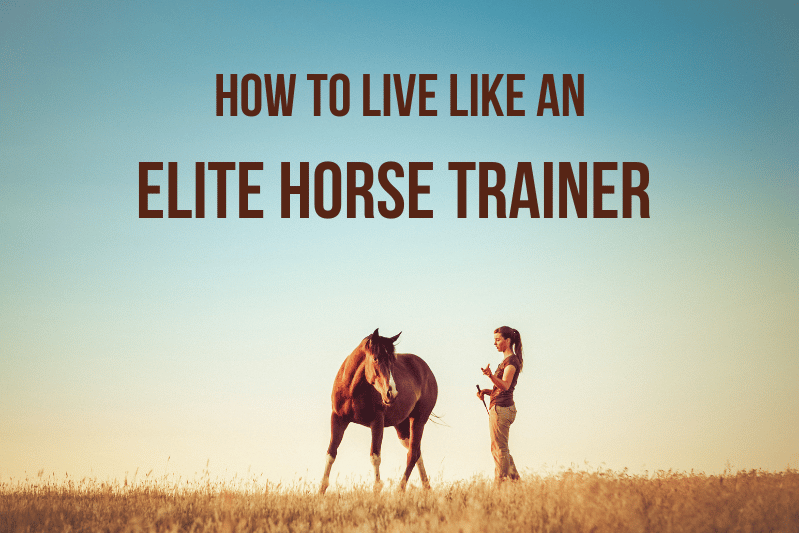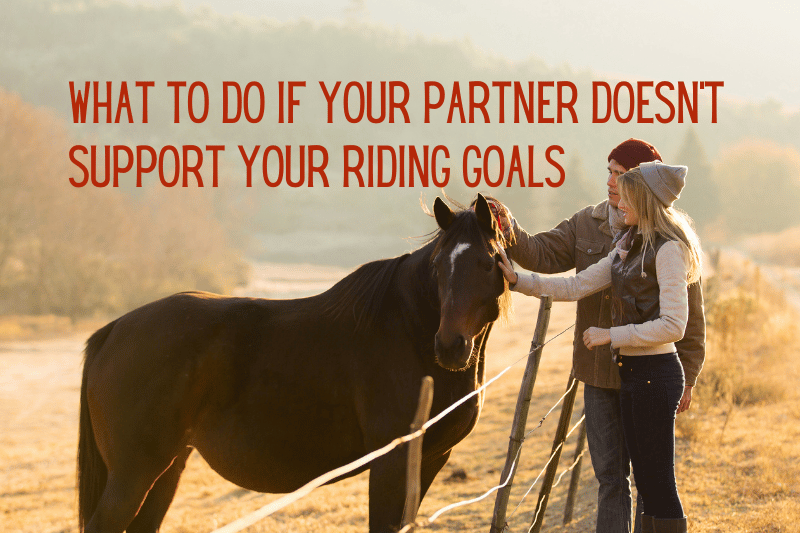I spent last Wednesday at the periodontist’s office getting a gum graft. I’ve been dreading the procedure for 30 years, ever since my childhood dentist pointed out that a bit of my gumline was receding.
Fortunately, the reality of it wasn’t too terrible. Valium helped.
So did the hygienist.
She looked me in the eye and answered my questions. She called me Honey and fussed over my comfort, offered water and nitrous oxide, and assured me throughout that everything was going great.
I had the feeling that she was constantly looking one step ahead at whatever might cause me anxiety or pain, so even when it did, I trusted that everything was under control.
And then there was the dentist.
Young and good-looking, he wore his ego like a motorcycle jacket. He flirted with the assistants, regaling them with his weekend at the cabin while he sliced and stitched. I did what he said — open, close, tilt this way or that — not as a partner in the process, but because I didn’t dare not to. If not for the hygienist, I’d have felt defenseless against his inattention.
Resting afterward in pajamas and pillows and ice, I mused that being a horse must often feel like being a dental patient.
We continually ask them to do uncomfortable things: traverse unfamiliar landscapes without herd mates, sacrifice their ability to flee so the farrier can rasp a hoof, stand in a rattling cave as it barrels down the freeway, allow poking and prodding whose purpose they doesn’t understand.
There’s a power dynamic.
And to cap it off, these exquisitely-evolved prey animals are expected to calmly comply while bound by fences, ropes, and straps.
(Imagine if the dentist tied us to the chair!)
Now, I’m not in the camp that believes we shouldn’t use, train, or restrain our horses. Indeed, their species thrives in the modern world precisely because we do those things. A horse taught to bear the trappings of domestication with grace has been given a great gift.
No, the solution to a distracted dentist isn’t to avoid necessary procedures. It’s to be a better dentist.
When I handle my horse, do I consider her perspective? Do I recognize what I, a predator, am challenging her to believe?
Do I listen with concern when she acts uncharacteristically spooky or aggressive, or do I leap straight to discipline instead?
Can she trust that I’ll notice her wound before swiping over it with the brush?
Do I simply pay attention?
I’m a better rider when I turn off my music and listen to my horse’s thoughts. When I acknowledge the boogyman before she reacts, so my composure becomes her own. When I untie her to introduce clippers, tighten the cinch slowly, address her questions not with resentment, but with respect.
To make my horse confident, I must make her comfortable. To make her comfortable, I must recognize the magnitude of my daily requests. Approach with empathy and affection. Be the hand that guides instead of forces. Let her decide to stay.
The dentist and the hygienist both got their jobs done. Most horsemen do, too.
But how we go about it?
That matters.




